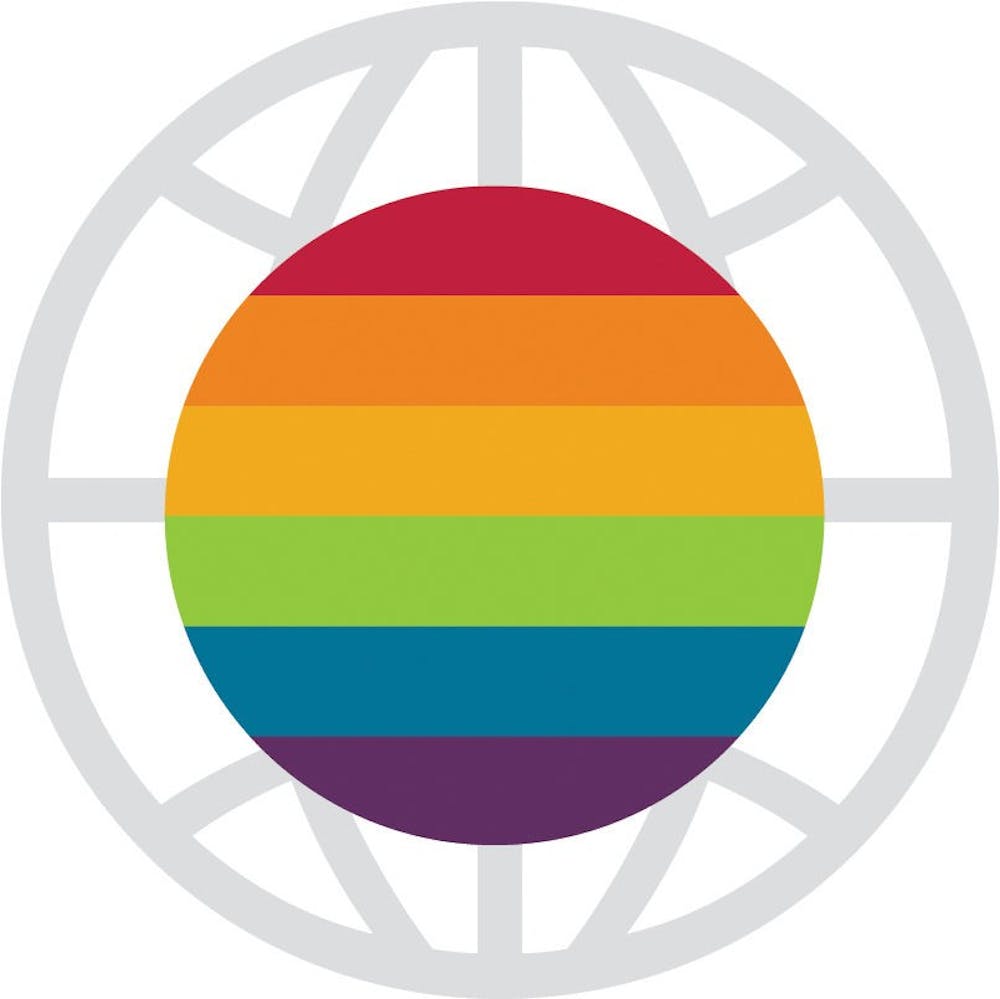Two Ohio University LGBT Center workers discuss definitions and allyship.
What do transsexual, transgender and crossdresser mean? Aren’t they all the same?
Jasper Shell: The word transgender refers to someone who does not identify with the sex assigned to them at birth, in other words, someone that was designated "male" at birth, but later in life realizes that they identify more as a female. That alone makes someone transgender. The term transsexual refers to someone who is in the same situation as the latter, but has taken part in an aspect of the transitioning process, typically referring to surgery, but it can also be applied to someone that has undergone hormone replacement therapy. Those terms are semi-interchangeable and their use is dependent on the person themselves. For example, someone may fit this definition of transsexual, but still prefer to identify as transgender. A crossdresser is someone who is usually cisgender (meaning they identify with their assigned sex), but enjoys wearing clothes that traditionally are worn by the opposite sex. That could be for a number of reasons which are specific to the individual.
What is asexuality and how can I be a good ally to people who identify this way?
Sarah Grote: The most simple definition of being asexual (or ace) is someone who does not experience sexual attraction. The best way to be an ally to asexual people is not to make assumptions about what asexuality means or how it should present itself in individuals. It is important to remember that falling in love, getting married, masturbating, having children, arousal and orgasm are not in conflict with being asexual. Asexuality is a spectrum, as with all identities, which means that some asexual people still enjoy having sex or the variety of other examples listed above, while others choose to abstain from those.
Sarah Grote (pronouns: they/them/their) and Jasper Shell (pronouns: he/him/his) are both staff members for the LGBT Center at Ohio University. Do you have a question relating to the LGBT community? Email them to lgbt@ohio.edu or oulgbtcenter@gmail.com, tweet @oulgbtcenter with #qaqueer, tumblr at oulgbtcenter or post/message to the center’s Facebook page, oulgbtcenter. Individuals who submit questions will appear anonymously in our responses. All questions are welcome!






